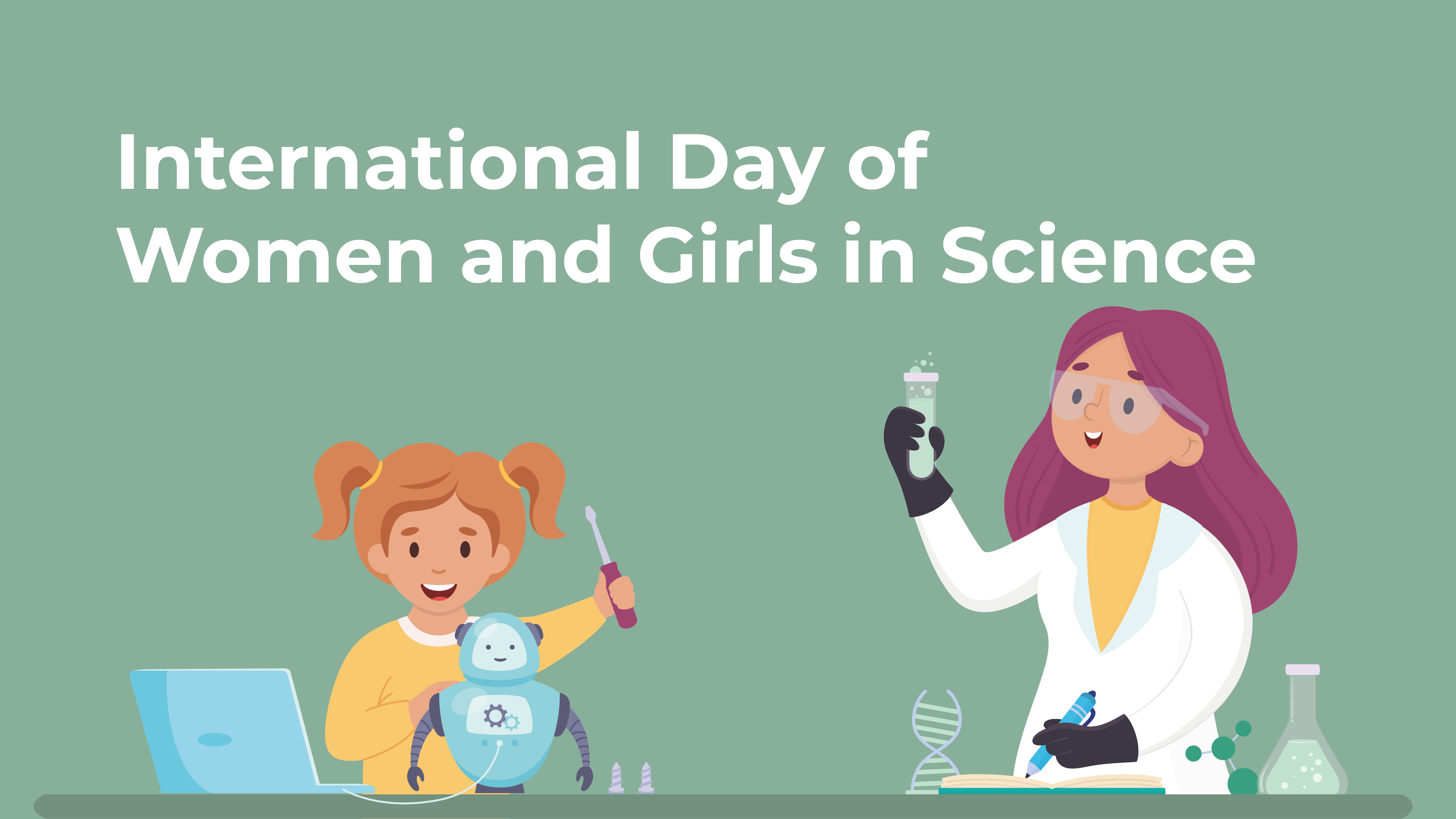
Every February 11, since 2016, the International Day of Women and Girls in Science is celebrated. To commemorate it, the United Nations organizes its seventh assembly with the aim of enhancing the role of women as active agents, not only as beneficiaries, in scientific and technological advances that lead us towards a more sustainable and egalitarian future.
Although progress has been made in recent years, women are still underrepresented in STEM. They account for 33.3% of researchers, hold less than a quarter of decision-making positions in educational institutions, represent only 28% of engineering graduates and tend to have shorter and lower-paid careers than their male colleagues, according to UN data. Gender equality, in addition to being a fundamental human right, is essential to meet the complex scientific, ecological and technological challenges of tomorrow with full human potential and sustainable development.
Water is the key to life
The theme of this year’s International Day of Women and Girls in Science is “Equity, Diversity and Inclusion: Water Unites Us”. It aims to put the spotlight on the millions of people who, according to UN reports, will be without access to safe water, sanitation and hygiene services by 2030. The causes will be increased demand and poor management of water resources, aggravated by climate change.
The Assembly will bring together scientists and experts from around the world at UN headquarters to discuss the nexus of water in achieving the three pillars of sustainable development: economic prosperity, social justice and environmental integrity. It aims to accelerate the achievement of the sixth Sustainable Development Goal (SDG), which aims to ensure water availability, sanitation and sustainable water management for all.
ECOVAL is also working in these directions with the reuse of sewage sludge to create high value-added bio-products such as volatile fatty acids. It is estimated that each year, sewage treatment plants in the Sudoe region generate around 1,300,000 tons of water waste that could have a second life thanks to ECOVAL.
Vanesa Paramá, a research biologist at Cetaqua’s pilot plant, who is working to give sludge a second life in line with the circular economy in the water sector, tells us about it. Thanks to her and other researchers, the ECOVAL project is a solid reality.
Anyone who wants to follow the conversation online can use the hashtags #WomenInScience and #February11. For more information you can visit the following website or the program of the event.

